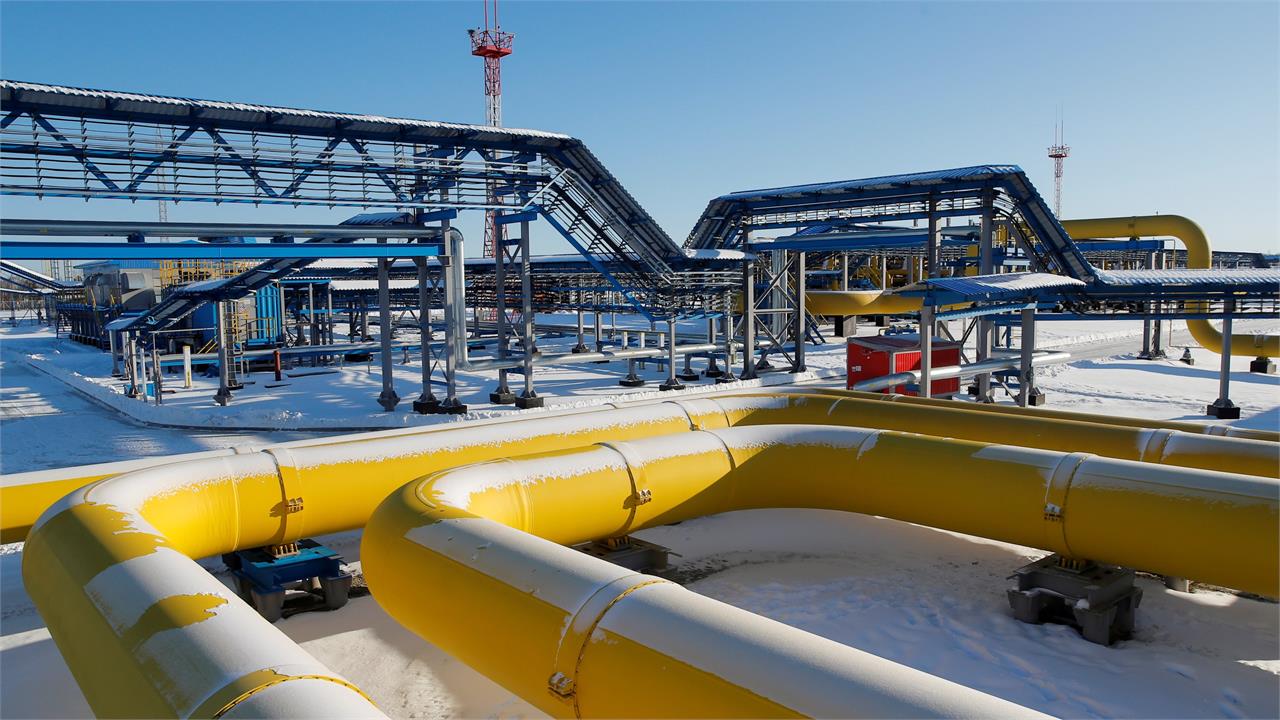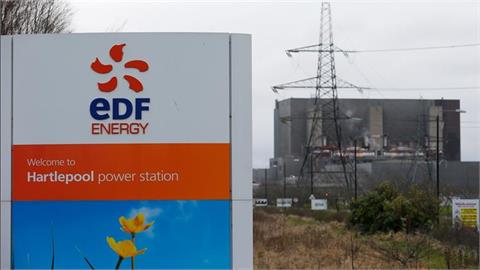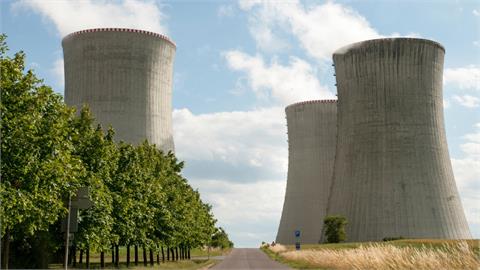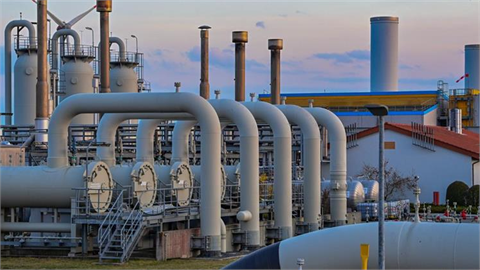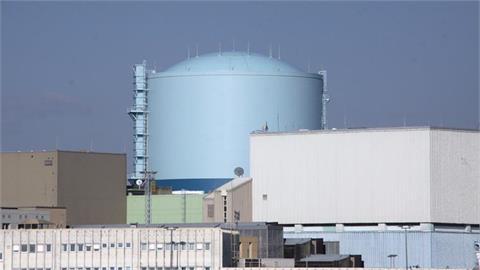The European Union's combined natural gas and liquefied natural gas (LNG) imports could decline by 25% between 2024 and 2030, according to a report published Wednesday by the Institute for Energy Economics and Financial Analysis (IEEFA).
The forecast is based on continued reductions in gas consumption, driven by renewable energy deployment and efficiency measures under the EU's REPowerEU initiative.
Launched in May 2022, the plan aims to end the bloc's dependence on Russian fossil fuels by 2027.
Three years into the strategy, member states have increasingly turned to energy efficiency and renewable sources to boost energy security and competitiveness.
As part of REPowerEU, EU countries voluntarily committed to reducing gas use through annual targets set in 2022, 2023 and 2024.
For the most recent period, between April 2024 and March 2025, member states were encouraged to cut consumption by at least 15% compared to the average from April 2017 to March 2022.
According to the report, this target was met and surpassed, with overall gas consumption falling by 15.6% compared to the reference period, though it rose 3.8% year-on-year.
While most member states exceeded the target, some—including Greece and Poland—saw increases in gas use.
The European Commission reiterated its goals in a roadmap published on May 6, stating that the full implementation of the energy transition and the Action Plan for Affordable Energy could replace up to 100 billion cubic meters (bcm) of natural gas by 2030.
This would save over 15 bcm annually and reduce gas demand by 40 to 50 bcm by 2027, facilitating the phase-out of Russian imports.
Between 2021 and 2024, EU gas consumption fell by approximately 80 bcm, a 20% reduction. Replacing another 100 bcm by 2030 is considered achievable under the current trajectory.
In 2024, the EU imported 275 bcm of natural gas and LNG—significantly more than the expected 233 bcm demand by 2030 if the planned reductions are realized.
Under the REPowerEU scenario cited by the EU Agency for the Cooperation of Energy Regulators, gas demand could drop to 190 bcm by 2030.
The report concludes that if these consumption trends continue, Europe will not require additional gas infrastructure or increased imports to meet future demand, supporting both energy security and climate goals.
(Anadolu Agency, June 4, 2025)
